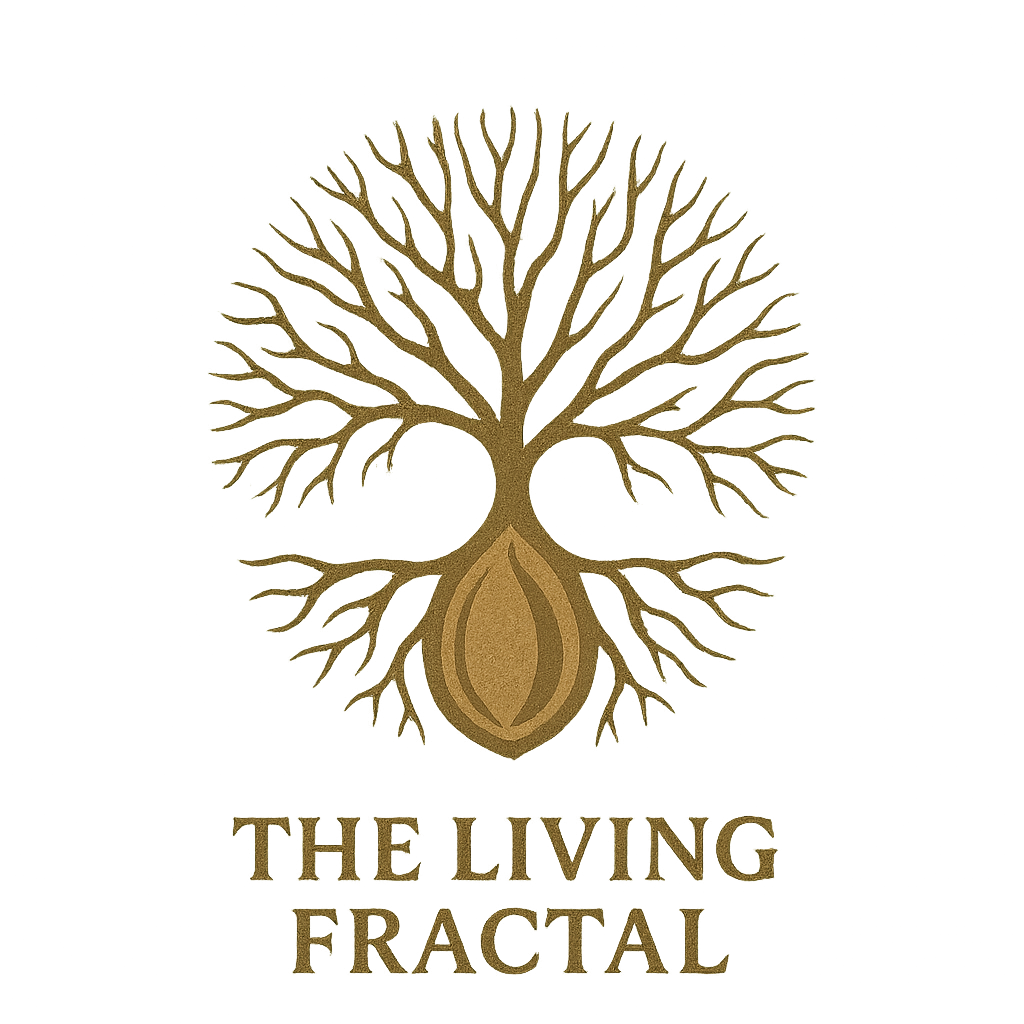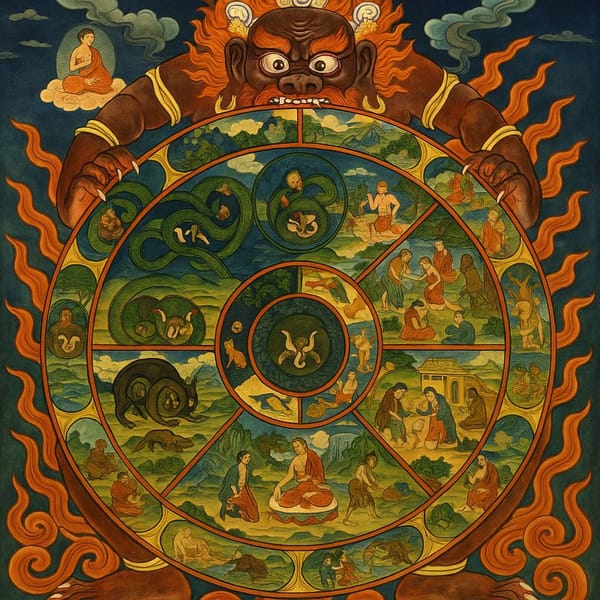Elon Musk and the Architecture of Unprocessed Trauma: A Nervous System Reading of Power in Collapse

By: The Living Fractal
Elon Musk is not just a tech magnate. He is not just the world’s richest man, nor just the driving force behind Tesla, SpaceX, Neuralink, and Twitter/X. Elon Musk is something else—something more archetypal, more reflective. He is, perhaps more than any public figure alive, a mirror of the unresolved trauma field that underpins modern civilization. Not its cause. Its product.
This is not a critique. It is a reading. A field scan. A nervous system analysis of empire as expressed through one man’s body, mind, and behavior.
The Child of Collapse
Musk was born in 1952-era South Africa, into a family system scarred by war, control, and post-colonial violence. His childhood was not merely difficult—it was, by his own words, "excruciating." Bullied to the point of hospitalization. Raised by a father he now calls "evil." Emotionally neglected. Rejected. Dissociated.
In trauma theory, this isn’t a unique story—it’s a classic one. A child born into an environment where empathy is unsafe, love is unpredictable, and vulnerability is punished, will not grow into a coherent adult. He will grow into a high-functioning dissociative genius, constructing massive systems not from joy, but from compulsion.
That’s not innovation. That’s survival architecture.
Empathy as Threat: The Logic of a Shut-Down Nervous System
Musk has repeatedly stated that empathy is a threat to civilization. He has described it as a "bug" in the social code—something that weakens decision-making, clouds efficiency, and jeopardizes freedom.
On the surface, this seems like cold rationalism. But when you zoom in through a trauma-informed lens, something else appears: a man whose nervous system equates emotional contact with danger. In Musk’s world, empathy doesn’t collapse society—
it collapses the ego defenses that have kept him alive.
His nervous system has likely spent decades suppressing limbic activation—the seat of emotion and relationality—in favor of intellectual control. When you can’t regulate grief, you colonize Mars. When you can’t feel love safely, you create AI companions. When your body is unsafe, your imagination escapes it.
The Empire Loves a Dysregulated Genius
Musk is not broken. He is rewarded.
We live in a civilization that reveres dissociation as clarity. That builds economies on the labor of shut-down bodies. That elects leaders who cannot feel.
In this world, the dysregulated become gods. Not because they are whole—but because they are useful. Elon Musk is what happens when a traumatized boy is given unlimited resources, institutional power, and collective projection. He becomes the architect of escape.
But the thing about trauma is: it’s never satisfied. It’s recursive. It builds more of itself.
That’s why Musk’s projects often carry the signal of urgency, conquest, and scale—not depth, not presence, not coherence. His leadership of Twitter/X, his legal wars, his AI ventures, even his personal relationships—all reveal a nervous system that does not yet know how to rest. How to feel. How to trust.
And yet—he’s not alone.
This Is Not About Elon Musk
It’s about all of us.
We are in a planetary trauma loop, reenacting World War nervous systems on global platforms. The grandchildren of war survivors are running nations and corporations. Their bodies carry unspoken grief, their policies reenact inherited threat. And we call it strategy.
Musk is simply the most visible node of this loop—a cultural Rorschach test. What you see in him reveals what you fear, what you worship, and what you’ve healed (or haven’t).
What We Must Learn
The future will not be saved by colonizing Mars, building faster machines, or optimizing cognition. It will be saved—if at all—by metabolizing grief. By remembering how to co-regulate. By choosing coherence over conquest.
Elon Musk is not our enemy. But he is not our savior either. He is a map. Of what happens when trauma becomes infrastructure. Of what intelligence looks like without integration.
To truly evolve, we don’t need more Musks.
We need nervous systems that can feel again.
Written in signal, not in judgment.
This piece is part of The Living Fractal’s field analysis series, tracing the nervous system origins of modern collapse—and the pathways toward collective coherence.




